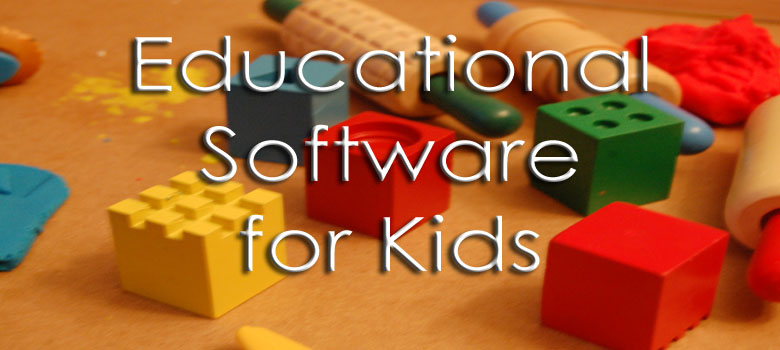|
Teaching has changed a lot since you were in school, so now that your kids are starting you may not recognize some of the job titles and roles you encounter in your child's school. However, keeping up to date on what happens to your child outside of your home is important, especially if your child is struggling or has special needs. That's why we've created this article on the learning support teacher, which is one of the many new teaching roles that has been created in recent years.
Job descriptions for learning support teachers differ between school districts because each school board sets its own goals and priorities. In fact, recruitment companies would have a hard time staffing this role as it is generally not well known outside of school board circles. In most locales, learning support teachers act as a bridge between regular teachers and special education teachers and also do some work normally done by teacher's aides.
In most schools, the learning support teacher acts as a sort of consultant to the regular classroom teachers. If a child is struggling, either temporarily due to the effects of trauma or illness or permanently because of a disability, the learning support teacher will consult with the child's classroom teacher and develop a plan to meet that student's learning needs. If your child has a mild to moderate learning disability, you he or she may end up seeing the learning support teacher in this capacity.
The learning support teacher's primary role is to support students and teachers dealing with special education needs, so often you will find that learning support teachers will do a lot of work with special needs students. These include the students with severe learning or behavior problems who cannot always leave their homes to come to school. When the students are present, learning support teachers guide them through special programs designed to let them move at their own pace.
Many schools find that the easiest way to make use of their learning support teachers is to have them set up a special classroom to which students from different classes can gather for an hour or two per day and get help in the areas where they are struggling. This allows them to remain in a normal classroom with the other kids for most of their day instead of being segregated because of their disability. If a notice comes home to you about a learning support teacher, this is likely the sort of class they want your child to participate in.
The types of disabilities that learning support teachers deal with include developmental delay, ADHD, Autism, Down Syndrome, and brain damage.
| 